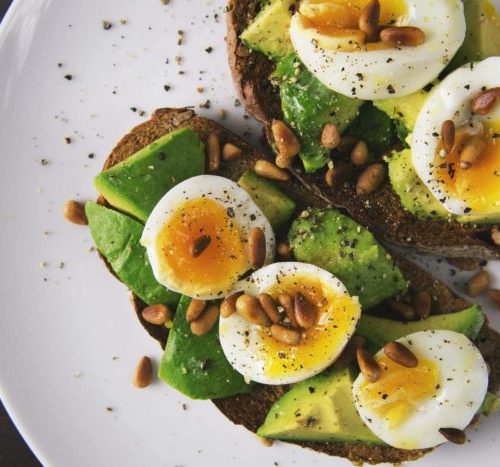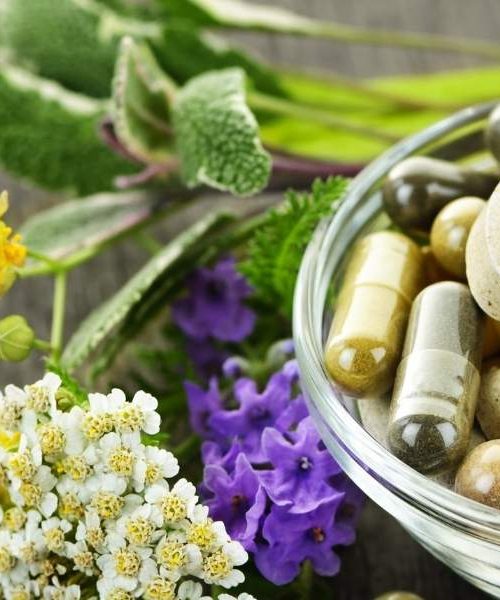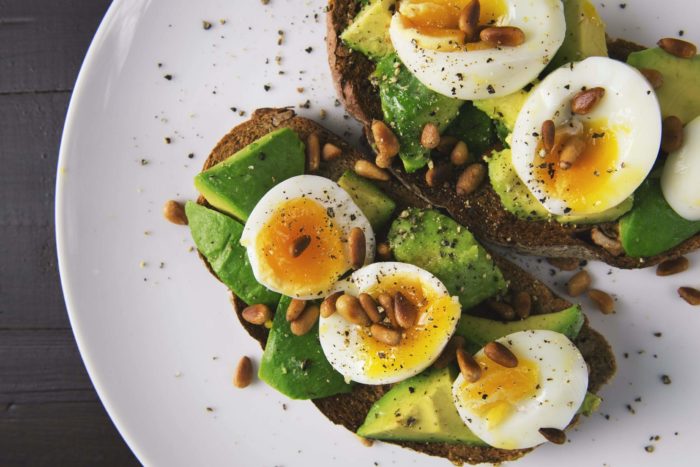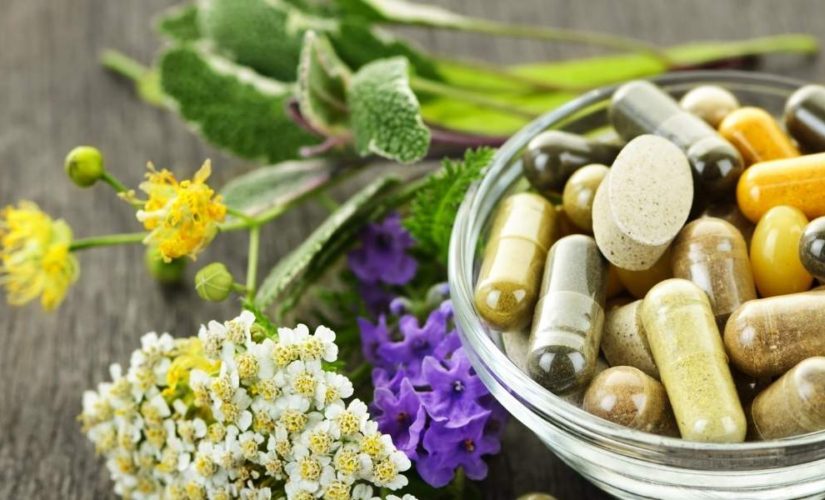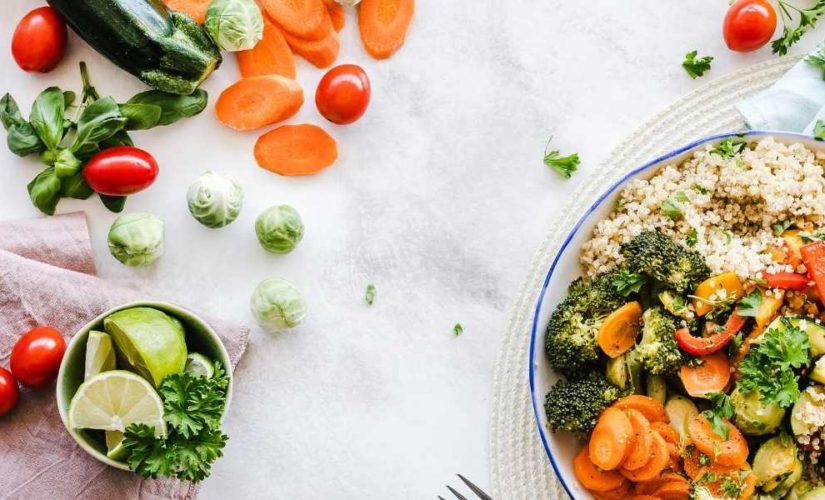Fertility diet myths
The internet is a wonderful resource for information on fertility, but not all advice on what to eat or avoid is helpful.
Good nutrition plays a significant role in boosting fertility. In this article, we’ll be debunking common fertility diet myths.
Fertility diet myths
The internet is a wonderful resource for information on fertility, but not all advice on what to eat or avoid is helpful. That’s why we’re here to debunk common fertility diet myths.
Good nutrition plays a significant role in boosting fertility, but it’s important to seek guidance from registered dieticians and qualified practitioners who specialise in fertility. Don’t trust everything you read online when it comes to healthy eating – let the experts guide you towards life-changing benefits.
Seeing a registered dietician and other qualified practitioners who specialise in fertility is key to receiving correct guidance.
Myth 1: Does eating pineapple help implantation after IVF?
You would have probably seen posts or claims that pineapple can help with infertility or implantation.
Pineapples are low in calories but have an incredibly impressive nutrient profile. They are especially rich in vitamin C and manganese. Vitamin C is essential for growth and development, a healthy immune system and aiding the absorption of iron from the diet. Meanwhile, manganese is a naturally occurring mineral that aids growth, maintains healthy metabolism and has antioxidant properties.
So arguably yes, it’s great to incorporate pineapple into your diet, but the same can be said for other fruit and vegetables too.
Where the supposed extra benefit of the pineapple lies in the presence of an enzyme called bromelain, found in the core of the pineapple. Because bromelain is known to have blood-thinning and anti-inflammatory effects, people have suggested this may help with implantation. However, there is no research to back this up.
In summary; you don’t have to avoid pineapple, but also, don’t expect any miracles from it either!
Myth 2: You can get all the nutrients you need from your diet to promote fertility
While it’s true that a healthy diet is important for fertility, taking supplements is also crucial for both men and women trying to conceive. For instance, women should supplement their daily dietary intake with 400mcg folic acid. This vitamin is found in green, leafy vegetables, peas, chickpeas, broccoli, sprouts, and fortified breakfast cereals.
Moreover, although theoretically, it’s possible to obtain all the required nutrients through diet, in practice, it can be challenging due to different absorption levels. Therefore, women are advised to take prenatal supplements to support their fertility journey.
Myth 3: The Keto diet boosts your fertility
Despite its popularity, data surrounding the keto diet and fertility is extremely limited.
The standard keto diet is an eating pattern high in fat, moderate in protein, and low in carbohydrates. Most keto experts recommend a caloric intake closest to 75% fat, 20% protein, and 5% carbs.
Theoretically speaking, a keto diet (a very low-carb, high-fat diet) could be beneficial for fertility, just by virtue of its ability to assist with weight loss. And weight loss of as little as 5-10% can help to improve hormonal imbalances and reduce rates of miscarriages.
However, when people are eliminating carbs, they are eliminating fortified grains and large amounts of fruits and vegetables – groups of foods that are rich in nutrients like folic acid. Vital to support your fertility.
Aside from a few studies relating to PCOS, data is severely lacking when it comes to the ketogenic diet and fertility. It may be tempting to give the keto diet a try while TTC, but based on the current evidence available, it’s not one of the better nutritional strategies to get pregnant.
Myth 4: Do I need to eat a gluten-free diet to improve my fertility?
Gluten is a highly debated topic, especially when it comes to fertility. However, the current research doesn’t support the recommendation that all women TTC should remove this carbohydrate source from their diets.
However, for women with conditions such as celiac disease, the inflammation caused by ingesting gluten-containing foods can certainly impact fertility if left untreated.
If you’re able to, focus instead on eating whole grain and higher fibre foods such as brown rice, oats, quinoa, etc. that can aid in decreasing inflammation and promote gut health. Rather than gluten-based products with high amounts of added sugars like biscuits and cakes.
Myth 5: Royal jelly can improve fertility
The humble honey bee – not only vital to our ecosystem but it was thought that the substance produced by honey bees to feed queen bees, known as royal jelly, helped to promote the fertility of the queen bee.
A queen bee lays up to 2,000 eggs per day and therefore it was theorised that royal jelly helped to increase oestrogen levels.
Although there has been some increase in oestrogen levels in animal studies, there have been no human studies (and we know that human women certainly don’t release 2,000 eggs a day!), so unfortunately, we can’t claim royal jelly promotes fertility in humans.
Myth #6: Should I cut out coffee to get pregnant?
The myth around caffeine when TTC is largely centred around the link between levels of caffeine intake and the risk of miscarriage. A caffeine intake of over 200mg per day has been linked to an increased risk of miscarriage once a person is pregnant. So that’s where the need to reduce your caffeine intake may come into effect.
As a guide, one shot of espresso has around 65mg of caffeine in it, a black tea has approx. 47mg of caffeine, a can of Diet Coke 46mg, a can of regular Coke has 34mg caffeine and a green tea 28mg.
There has been no association between caffeine consumption and infertility. And moderate caffeine intake has not been associated with negative outcomes for women undergoing IVF.
Bottom line: you don’t need to completely cut out caffeine when TTC, unless you want to. Women who are at increased risk of miscarriage could consider abstaining, or at the very least staying below the recommended amount of 200mg per day.
And remember: not all sources of caffeine are equal, especially if they contain other additives like sugar.
